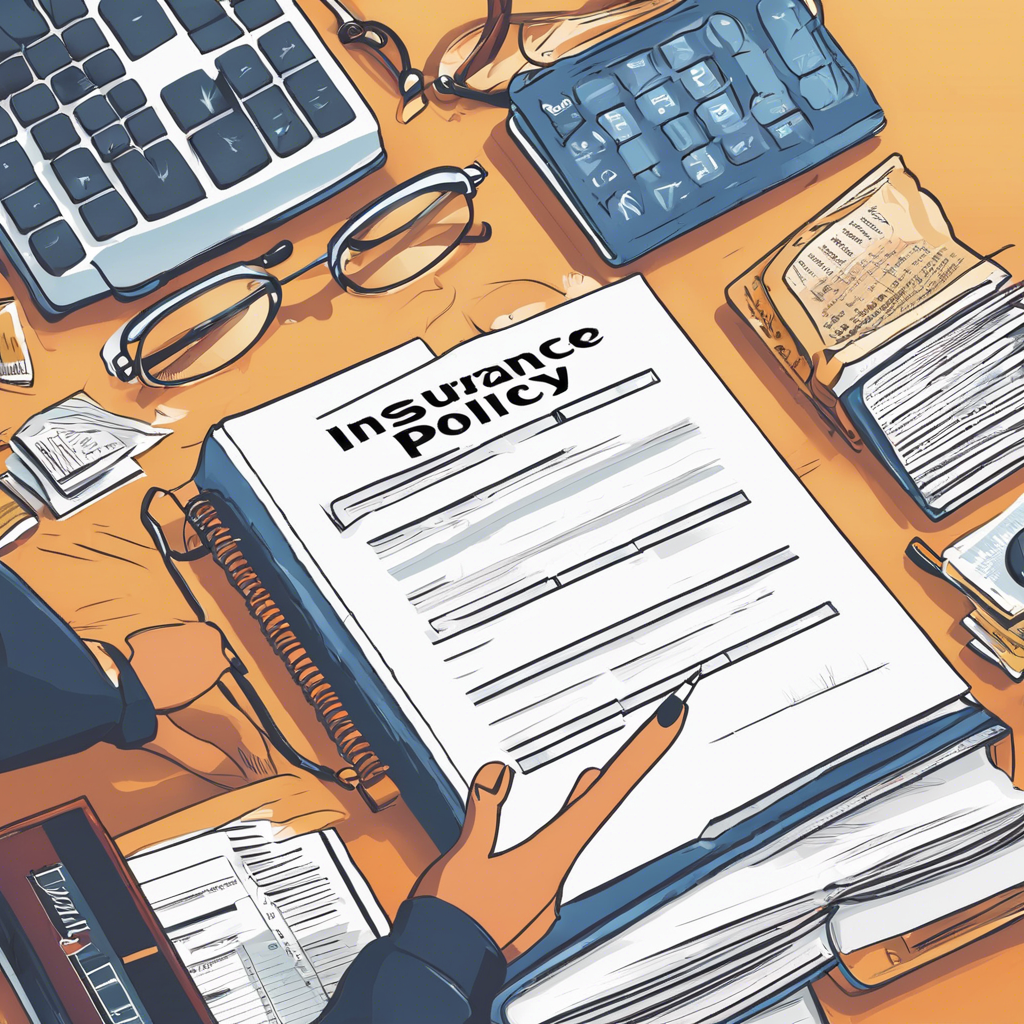Understanding your insurance policy is crucial for ensuring that you are adequately protected in times of need. Insurance policies can be complex documents filled with legal jargon and specific terms that may seem confusing at first glance. However, by taking the time to read and comprehend your insurance policy thoroughly, you can make informed decisions and avoid any surprises when it comes to filing a claim. Here are some key tips on how to read and understand your insurance policy.
First and foremost, it is essential to read your insurance policy carefully from start to finish. Take the time to go through each section and familiarize yourself with the coverage details, exclusions, and limitations outlined in the policy. Pay close attention to the terms and definitions provided, as they will help clarify the scope of your coverage.
If you come across any terms or phrases that you do not understand, do not hesitate to reach out to your insurance agent or company for clarification. Asking questions and seeking explanations will help you grasp the intricacies of your policy and ensure that you are aware of what is covered and what is not.
When reading your insurance policy, pay special attention to the coverage limits and deductibles specified. Understanding these limits will give you a clear idea of the maximum amount your insurer will pay out for a claim and the amount you will be responsible for paying out of pocket before coverage kicks in.
It is also important to review the exclusions listed in your insurance policy. Exclusions are specific situations or circumstances that are not covered by your policy. By understanding these exclusions, you can avoid any misunderstandings or disputes with your insurer when it comes time to file a claim.
Additionally, take note of any endorsements or riders attached to your policy. These are additional documents that modify or add to the coverage provided in the main policy. Make sure to review these endorsements carefully to fully grasp the extent of your coverage.
One important aspect to consider when reading your insurance policy is the claims process. Familiarize yourself with the steps you need to take to file a claim, including the documentation required and the deadlines involved. Being prepared in advance will help expedite the claims process and ensure a smoother experience.
As you read through your insurance policy, make a note of any discrepancies or inconsistencies you may come across. If you notice any errors or discrepancies, contact your insurer immediately to have them corrected. It is essential to have an accurate and up-to-date policy to avoid any issues in the future.
In addition to understanding the coverage details of your policy, it is advisable to review the terms and conditions governing your insurance contract. These terms and conditions outline the obligations of both the insured (you) and the insurer, as well as the procedures to follow in the event of a dispute.
Finally, consider seeking the assistance of a professional insurance advisor or attorney if you are having difficulty understanding your insurance policy. These experts can provide valuable insights and guidance to help you navigate the complexities of your policy and ensure that you are adequately protected.
In conclusion, reading and understanding your insurance policy is essential for making informed decisions and ensuring that you have the necessary coverage when you need it most. By following these tips and taking the time to review your policy thoroughly, you can gain peace of mind knowing that you are well-informed and prepared for any eventuality.
